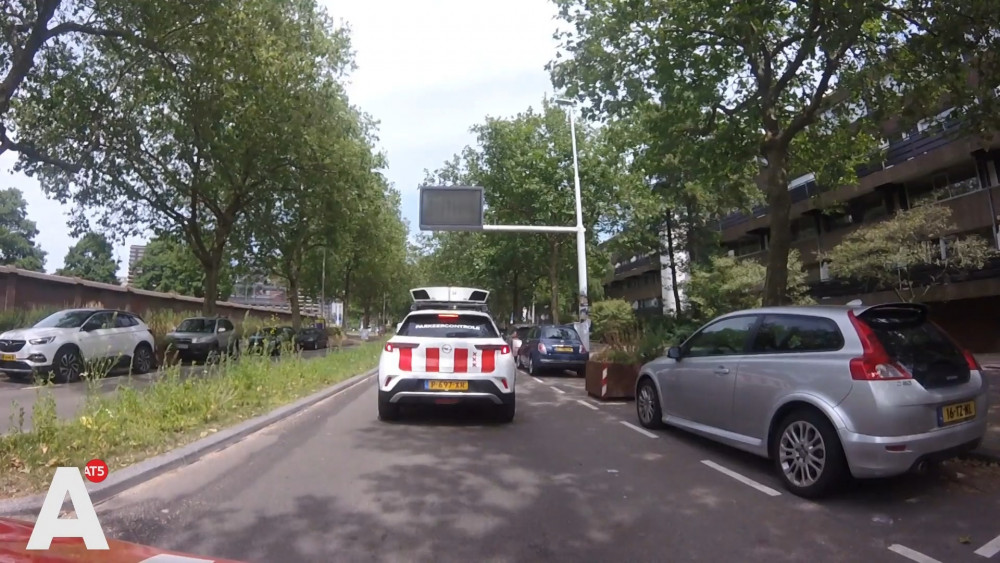A motorist who received a parking fine because he was parked in a parking space on Kattenburgerstraat in the center does not have to pay the fine. According to the court, it cannot be determined from the images of the scanning vehicle that it is a parked car.
The fine was handed out to the motorist on May 9. According to the municipality, he parked the car five days ago without paying on Kattenburgerstraat. The motorist felt the fine was unjustified and eventually went to court.
During the hearing in December last year, he said he had to deliver a package and the address was difficult to find. He parked his car on the side of the road and looked at his cell phone to see exactly where he wanted to be. According to him, it took less than one minute, and his car's engine was still running and his front wheels were facing the road.
Parking fines with car scan – how does it work?
The standard method is for the scanning vehicle to take four color photographs of the parked vehicle from different angles. If it appears that parking has not been paid five minutes after the license plate is scanned, photos are sent to a staff member in the office.
The employee will use photos and a map of the location to determine if a fine should be sent. This does not happen when loading, unloading, or entering and exiting. Suspicions may arise because the photos show that someone is still in the car, the photos are blurry or the car's lights are still on. The employee can then send a parking inspector to the location.
The court previously ruled that this method “contains sufficient safeguards to ensure the collection of evidence.”
According to the court, the photos also raised doubt in this case. For example, it could be seen that the driver was still in the car and the position of the wheels already indicated that the driver “appeared to want to leave the parking space at that moment and merge into the direction of travel.”
“This constitutes a violation of the principle of due diligence.”
“In case of doubt, it is up to the tax officer – as the person obliged to provide evidence that a taxable event has occurred – to send a parking inspector to the relevant location to check whether there has indeed been a taxable parking event,” the court wrote in the ruling. “The private business method also provides for this. In this case, the tax officer did not send a parking inspector to the site. In the court's opinion, the tax officer acted contrary to the principle of due diligence.”
Because it was now no longer possible to send a parking inspector to the site, the court canceled the fine.
💬Contact us via WhatsApp!
Do you have any tips? Or provided an interesting photo or video? Send us your news 0651190938!

Avid music fanatic. Communicator. Social media expert. Award-winning bacon scholar. Alcohol fan.

